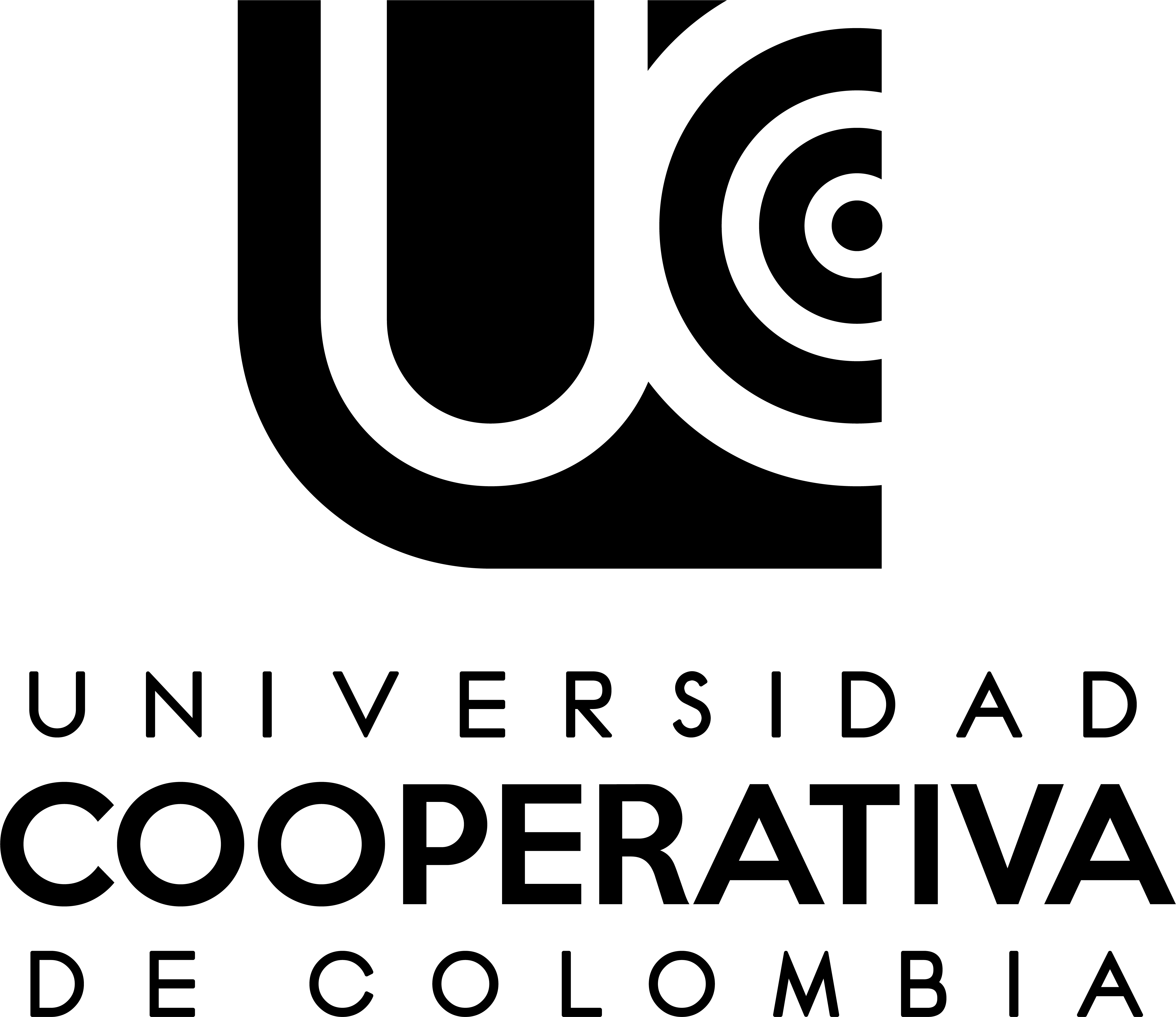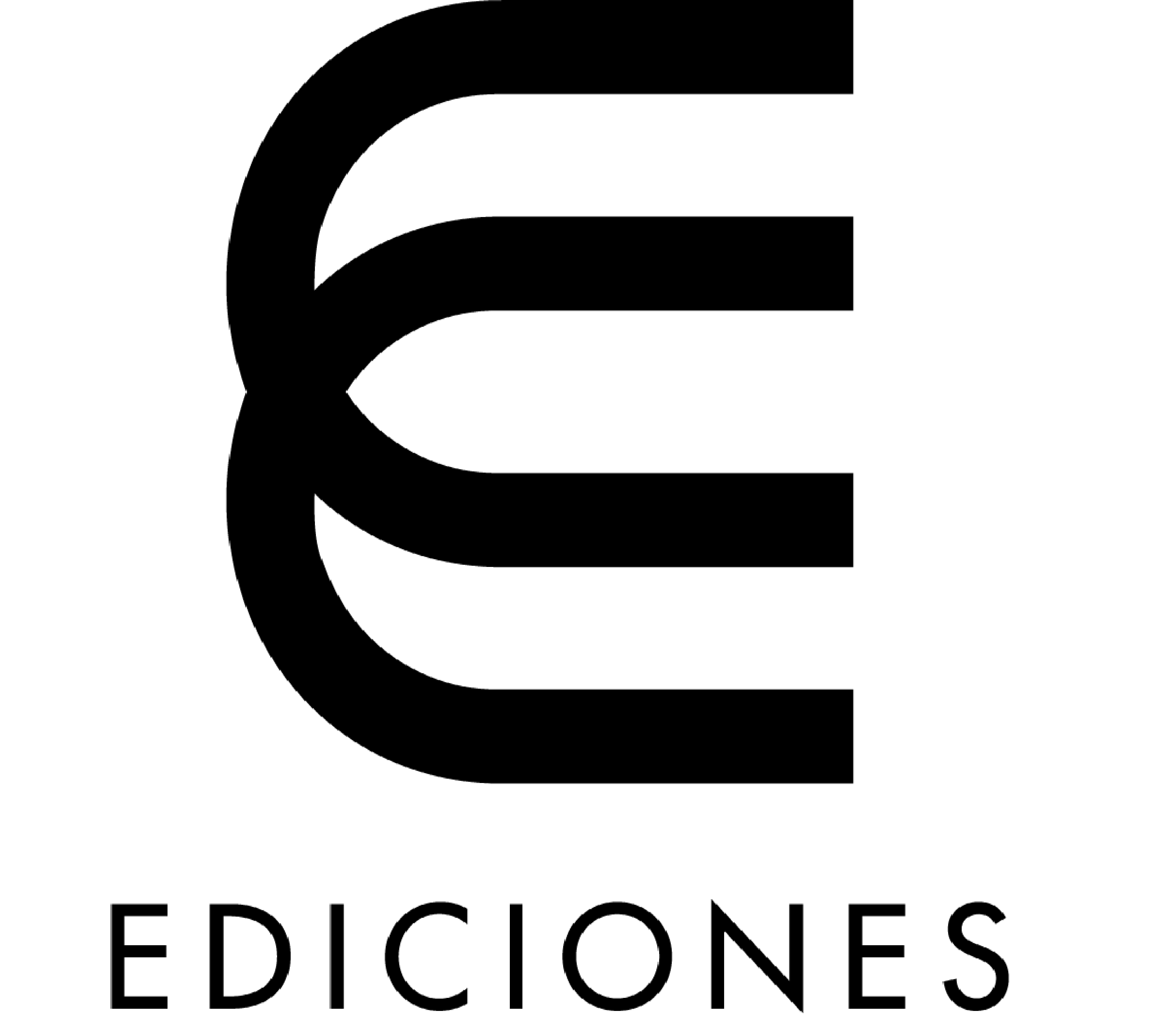Makerspaces in Libraries : Technology as Catalyst for Better Learning, Better Teaching

University of Nevada
PhD in Engineering. Professor, University Libraries, University of Nevada, Reno, Nevada, USA
email: pcolegrove@unr.edu
Introduction: Across disciplines, the practice of education continues to evolve. Supporting organizations such as the library are responding by reworking existing practices while developing new ones. With roots grounded deeply in constructivist learning theory, the emerging practice of makerspaces in libraries is proving an effective step in that evolution. The article was written in the year 2016 at the University of Nevada, Reno.
Methodology: Examples of associated active learning activity at one such library —an early adopter and first mover among academic libraries in adopting and integrating makerspace in libraries— are presented.
Results and Conclusions: The product of leveraging technology as catalyst for active learning and engagement within and beyond the physical commons of the library, a blending of formal and informal learning, leading to increased innovation, entrepreneurship and collaboration across disciplinary and organizational boundaries, appears a natural result.
J. Ellis & A. Phillips, “Re-defining the service experience: forging collaboration between librarians and
student” Library Management, vol. 34, no. 8-9, pp. 603-618, 2013. Available: http://dx.doi.org/10.1108/
LM-10-2012-0070
D. Bell, The Coming of Post-Industrial Society, New York, USA: Harper Colophon Books, 1973, p. 616.
Y. U. Chin, “Nevada Library Offers 3D Printing Across the Board.” Library Journal, August 7, 2012.
A. Jenkins, M. Healey, & R., Zetter, Linking teaching and research in disciplines and departments. York, UK: The Higher Education Academy, 2007, p. 96. Available: https://www.heacademy.ac.uk/system/files/186_linkingteachingandresearch_april07.pdf
E. R. Halverson & K. M. Sheridan, “The Maker Movement in Education.” Harvard Educational Review,
vol. 84, pp. 495-504, 2014. Available: http://dx.doi.org/10.17763/haer.84.4.34j1g68140382063
D. H. Jonassen, “Designing constructivist learning environments” in Instructional-Design Theories and Models: A New Paradigm of Instructional Theory, volume 2. C. M. Reigeluth, Ed.. Mahwah,NJ: Lawrence
Erlbaum Associates, 1999, pp. 215-240.
B. K. Stripling & S. Hughes-Hassell (Eds.), Curriculum Connections through the Library, Principles and
practice series. Westport, CT: Libraries Unlimited, 2003, p. 256.
B. S. Woodard, “Technology and the constructivist learning environment: Implications for teaching information literacy skills.” Research Strategies, vol. 19, pp. 181-192, 2003. Available: http://www.sciencedirect.com/science/article/pii/S0734331005000029
P. Levy & S. Roberts, Developing the New Learning Environment: The Changing Role of the Academic Librarian. London, UK: Facet Publishing, 2005, p. 256.
Framework for 21st Century Learning. Washington, D.C.: Partnership for 21st Century Learning. Available: http://www.p21.org/our-work/p21-framework
C. C. Kuhlthau, “Guided Inquiry: School Libraries in the 21st Century,” School Libraries Worldwide, vol. 16, pp. 17-28, 2010. Available: http://citeseerx.ist.psu.edu/viewdoc/summary?doi=10.1.1.721.8981
C. Booth, Reflective Teaching, Effective Learning: Instructional Literacy for Library Educators. Chicago,
IL: American Library Association, 2011, p. 208
D. Beagle, “The Emergent Information Commons: Philosophy, Models, and 21st Century Learning Paradigms.” Journal of Library Administration, vol. 52, no. 6-7, pp. 518-537, 2012. Available: http://www.
tandfonline.com/doi/abs/10.1080/01930826.2012.707951
P. T. Colegrove, “Makerspaces in Libraries” in Encyclopedia of Library and Information Sciences. Abingdon, UK: Taylor & Francis Group, 2016 (in press).
H. Beetham & R. Sharpe (Eds.), Rethinking Pedagogy for a Digital Age: Designing for 21st Century Learning, 2nd ed. New York: Routledge, 2013, p. 352.
J. J. Burke, Makerspaces: a practical guide for librarians. Lanham: Rowman & Littlefield, 2014, pp. 165-171.
R. Oldenburg, The great good place: Café, coffee shops, community centers, beauty parlors, general stores, bars, hangouts, and how they get you through the day. New York: Paragon House Publishers, 1991, p. 338.
P. T. Colegrove, “Rediscovering Relevance for the Science & Engineering Library” in Brick and Click Libraries Symposium Proceedings, 12th, Maryville, Missouri, Oct. 26, 2012, pp. 57-65. Available: http://
eric.ed.gov/?id=ED53760
Hummingdoc. Reno, NV: hummingdoc.com. Available: http://www.hummingdoc.com/
J. Horsey, “Infinitbyte: Fast, Waterproof and Rugged Highest Capacity Flash Drive,” Geeky-gadgets.com,
April 2, 2015. Available: http://www.geeky-gadgets.com/infinitbyte-fast-waterproof-and-rugged-highest-capacity-flash-drive-02-04-2015/
“Makey Makey” Joylabz.com. Available: http://makeymakey.com/
“Sparkfun Inventor’s Kit for Arduino”, Sparkfun.com. Available: https://www.sparkfun.com/products/retired/11227
“Dringo beta.” Reno, NV: dringo.org. Available: https://dringo.io/
Copyright (c) 2017 Ingeniaría Solidaria

This work is licensed under a Creative Commons Attribution-NonCommercial-NoDerivatives 4.0 International License.
Cession of rights and ethical commitment
As the author of the article, I declare that is an original unpublished work exclusively created by me, that it has not been submitted for simultaneous evaluation by another publication and that there is no impediment of any kind for concession of the rights provided for in this contract.
In this sense, I am committed to await the result of the evaluation by the journal Ingeniería Solidaría before considering its submission to another medium; in case the response by that publication is positive, additionally, I am committed to respond for any action involving claims, plagiarism or any other kind of claim that could be made by third parties.
At the same time, as the author or co-author, I declare that I am completely in agreement with the conditions presented in this work and that I cede all patrimonial rights, in other words, regarding reproduction, public communication, distribution, dissemination, transformation, making it available and all forms of exploitation of the work using any medium or procedure, during the term of the legal protection of the work and in every country in the world, to the Universidad Cooperativa de Colombia Press.










